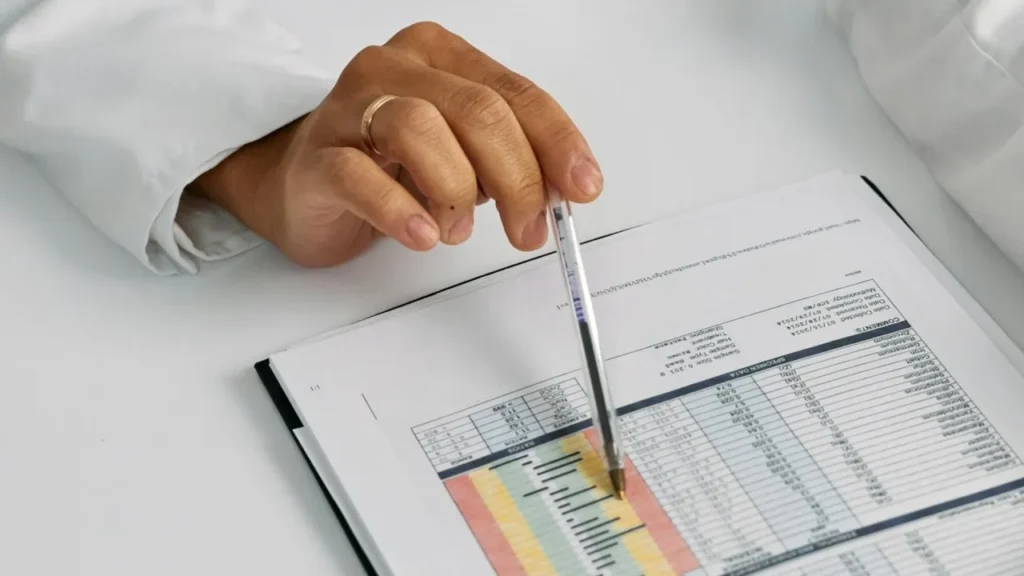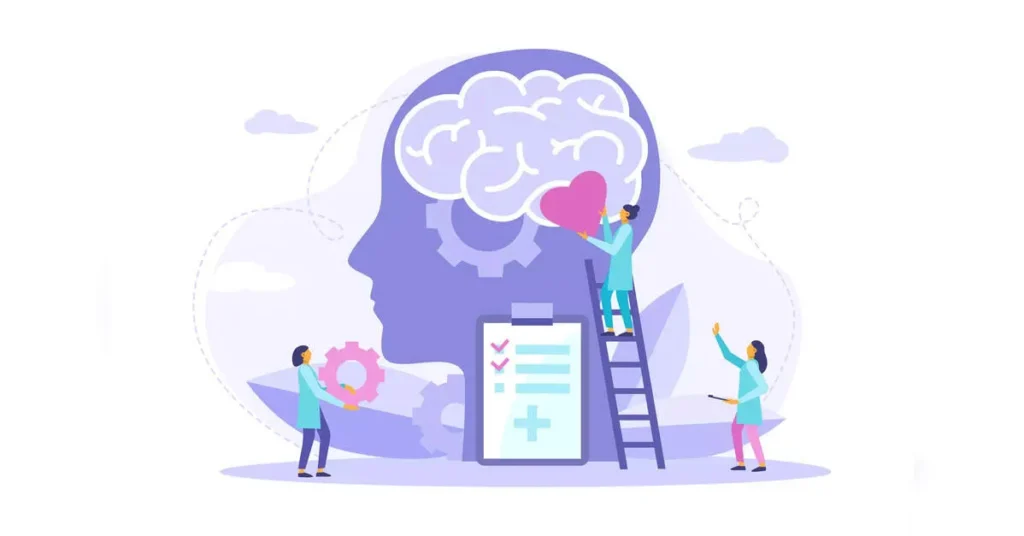Americans are feeling the burden of inflation more acutely than ever before. The rising cost of groceries, housing, transportation, healthcare, and everyday necessities has transformed inflation from an economic issue into a public health crisis. As inflation squeezes household budgets, it’s also taking a serious toll on mental and physical across the U.S.
Financial stress has become a silent epidemic—one with far-reaching consequences. The connection between economic instability and poor outcomes is well documented, but the inflation surge of recent years has magnified this link. As prices climb faster than wages, families are forced to make painful choices that affect both their finances and their well-being.
Inflation in 2025: A Quick Overview
The inflation rate, which soared during the pandemic and its aftermath, has remained stubbornly high into 2025. Though not at peak pandemic levels, consumer prices have continued rising due to:
- Global supply chain instability
- Persistent labor shortages
- Geopolitical conflicts and energy price volatility
- Climate-related disruptions to food production
As a result, real wages—what people can actually buy with their income—have failed to keep up. For many Americans, this means paying more but getting less.

Financial Stress: A Growing Health Threat
Financial stress is defined as anxiety or worry caused by money-related concerns. In 2025, more than 60% of U.S. adults report that financial pressure is negatively affecting their, according to recent surveys.
This stress doesn’t just stay in the mind—it becomes embedded in the body, triggering a host of problems.
1. Mental Health Impacts
Financial insecurity is a leading driver of anxiety, depression, and chronic stress. Constant worries about bills, food, housing, and debt keep the brain in a state of alert, increasing cortisol levels and reducing emotional resilience.
Symptoms include:
- Insomnia and fatigue
- Difficulty concentrating
- Panic attacks
- Mood swings or irritability
Mental health services have seen an uptick in demand, yet many people cannot afford the care they need, compounding the problem.
2. Physical Health Consequences
Chronic stress has tangible effects on the body. People experiencing financial stress are more likely to report:
- High blood pressure
- Weakened immune function
- Cardiovascular issues
- Weight gain or loss
- Gastrointestinal problems
These problems are worsened when individuals delay care due to cost, a common practice in 2025.
3. Neglecting Preventive Care
When budgets are tight, becomes a discretionary expense. Many people skip:
- Annual physicals
- Dental cleanings
- Eye exams
- Routine lab tests
This creates a ticking time bomb of undiagnosed and untreated conditions. Preventive care, which saves money long-term, is often sacrificed in the short term—ironically leading to higher costs down the road.
The Price of Basic Necessities in 2025
To understand the health impact of inflation, it’s important to look at what people are spending—and sacrificing:
- Food: Grocery prices have surged by over 18% since 2022. Protein, fresh produce, and foods are often too expensive for low-income households, leading to higher consumption of processed foods and sugary snacks.
- Housing: Rent and mortgage payments have increased, especially in urban centers. Negative mental and physical outcomes are closely associated with housing insecurity.
- Gas & Transportation: Rising fuel prices impact not only commutes but also access to healthcare, job opportunities, and groceries.
- Utilities: Families are being forced to choose between warmth and sustenance as a result of rising electricity and heating expenses.
Who’s Hit the Hardest?
While inflation affects nearly everyone, certain groups bear the brunt of the financial and health fallout:
- Low-income families: With fewer resources and savings, any price increase is a major hardship.
- Seniors on fixed incomes: Social Security often fails to keep pace with rising costs, leaving older adults vulnerable to food and medication insecurity.
- Single parents: Juggling childcare, work, and rising expenses creates unsustainable stress.
- People with chronic illness: Managing conditions becomes more difficult when medication, specialist visits, and treatments are unaffordable.
Coping Mechanisms: Healthy and Harmful
People use a variety of coping strategies to handle financial stress—some beneficial, others potentially harmful.
Healthy Coping:
- Seeking financial counseling
- Practicing mindfulness or meditation
- Reaching out to support networks
- Using budgeting apps or tools
Unhealthy Coping:
- Skipping meals
- Overworking or burning out
- Substance abuse (alcohol, tobacco, drugs)
- Gambling or risky financial behavior
Public health officials worry that the rise in stress-related behaviors—like overeating, smoking, or avoiding care—will lead to long-term public costs.
What Can Be Done?
There’s no single solution, but a multi-layered response is necessary to mitigate the health fallout of inflation.
For Individuals:
- Prioritize health basics: Don’t skip medications or critical care. Look for clinics or telehealth services with sliding scales.
- Track spending: Identify areas where expenses can be trimmed without harming well-being.
- Access community support: Local food banks, utility assistance programs, and nonprofits can help bridge gaps.
For Employers:
- Offer financial wellness programs
- Encourage flexible work schedules
For Policymakers:
- Expand access to affordable healthcare, especially mental health services
- Adjust minimum wage and social safety nets to reflect cost-of-living changes
- Increase funding for nutrition and housing assistance programs
Health and Economic Resilience Are Connected
If there’s one lesson from 2025’s inflation crisis, it’s that economic and health systems are deeply intertwined. When families are financially strained, their deteriorates. When people get sick and can’t work, the economy suffers.
Investing in public health, social services, and wage stability is not just compassionate—it’s economically smart.
Conclusion
The cost of inflation in 2025 goes far beyond dollars and cents. It touches every aspect of American life—especially our health. Financial stress is silently fueling anxiety, chronic disease, and long-term decline. Without targeted interventions, the nation may face not only economic hardship but a healthcare crisis of unprecedented scale.
Understanding and addressing the relationship between financial strain and is not just essential for recovery—it’s essential for the future stability of society itself.







